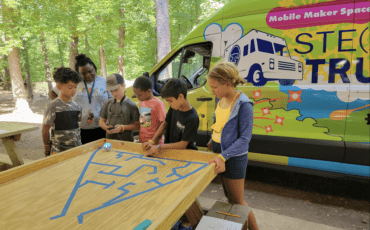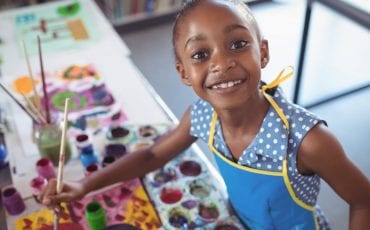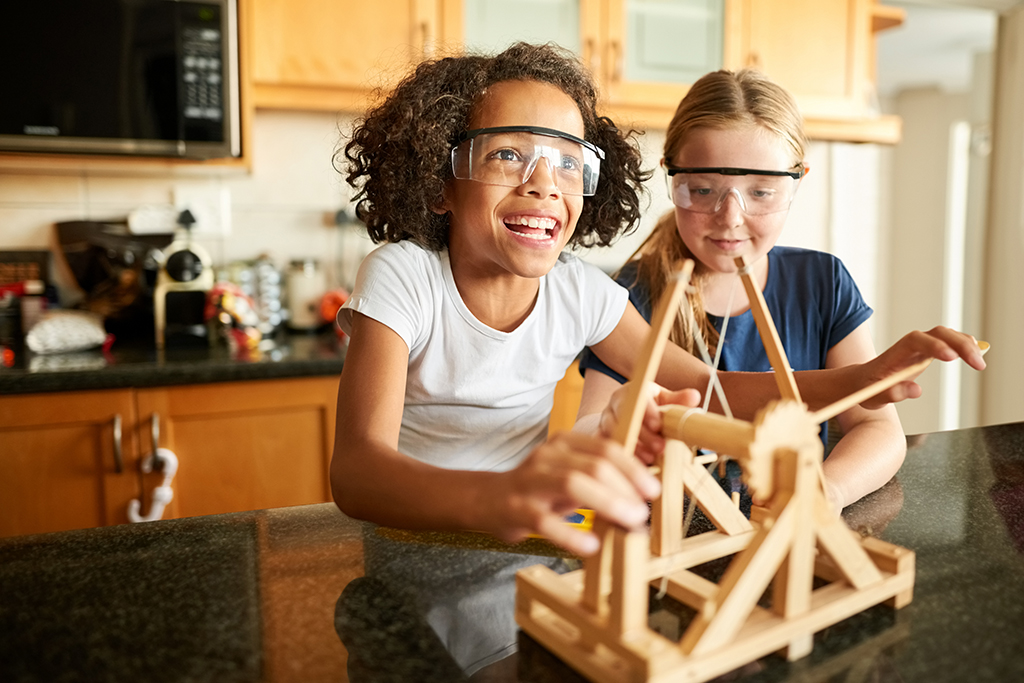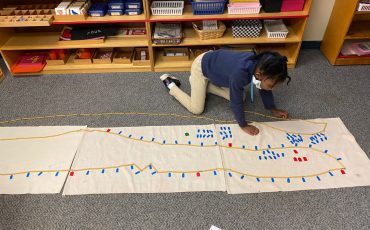How to Raise Scientifically Literate Kids
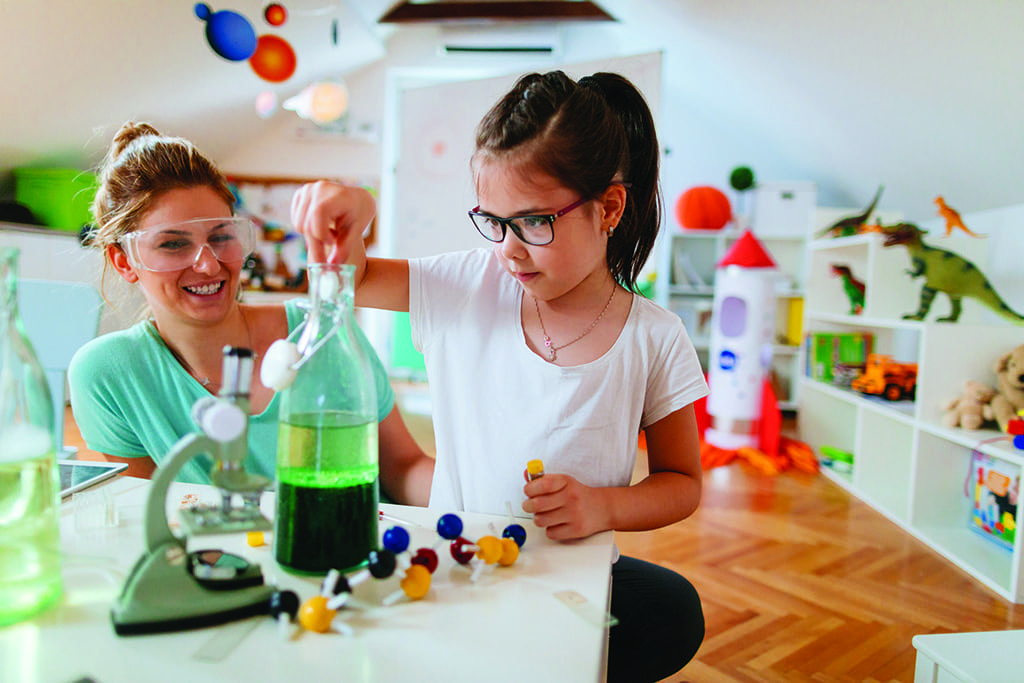
Misinformation is easy to come by in social media and it’s often disguised as “facts.” When we teach our kids to use a realistic, scientific approach to information and managing their lives, they’ll be able to sort fact and fiction. Here’s how.
What Is Scientific Literacy?
According to the National Academies, scientific literacy is “the knowledge and understanding of scientific concepts and processes required for personal decision making, participation in civic and cultural affairs, and economic productivity.”
A scientifically literate person has the capacity to:
- Understand, experiment, and reason as well as interpret scientific facts and their meaning.
- Ask, find, or determine answers to questions derived from curiosity about everyday experiences.
- Describe, explain, and predict natural phenomena.
- Read articles with understanding of science in the popular press and engage in social conversation about the validity of the conclusions.
- Identify scientific issues underlying national and local decisions and express positions that are scientifically and technologically informed.
- Evaluate the quality of scientific information on the basis of its source and the methods used to generate it.
- Pose and evaluate arguments based on evidence and to apply conclusions from such arguments appropriately.
How To Raise Scientifically Literate Children
Here are some ways that you can instill a sense of inquisitiveness and scientific literacy in your children.
Read: From a very young age, read books about science topics to your children to encourage their curiosity and broaden their knowledge base. As they get older, encourage them to read about science topics that interest them, whether it’s dinosaurs, outer space climate or computers. Check out the National Science Teachers Association book recommendations, subscribe to magazines like National Geographic Kids and find websites geared toward science education for children.
Watch: Seek out children’s television programming and videos that focus on science. My children loved watching “Sid the Science Kid” on PBS when they were younger, which is all about the scientific discovery process. Now that my son is older, he enjoys watching Discovery Channel shows including “Mythbusters” that tests scenes from books or movies using experiments. I love this show because it really teaches the value of not believing everything we see, but to test ideas using the scientific method.
Visit: Take your children to places where they can learn about science, such as museums, planetariums, botanical gardens, aquariums, nature centers and zoos. Incorporate science into your vacations by hiking, skiing, fishing and visiting places like national parks, lakes and beaches. During these activities, encourage your children to ask questions about what they observe.
Experiment: When it comes time to make birthday and holiday wish lists be sure to add some science kits. My children have always enjoyed playing with kits where they can do science experiments. They have built their own model volcano, hooked up electric circuits to make things spin or buzz, and learned about measuring and chemical reactions using everyday products. Or set up your own experiments. It can be as simple as filling up the kitchen sink with water and testing different items to see what sinks and what floats. Be sure to ask your children to predict what will happen before doing the test and ask why they thought it happened after their observations.
Attend: Sign your kids up for extracurricular science and technology classes or summer camp. A few summers ago my son enjoyed a week at Camp Invention and now he attends a local computer science class after school. These have been great opportunities for him to learn in depth about science topics that especially interest him.
Create: Spend time together in the kitchen baking and explaining how measuring works and why baked goods rise in the oven. Plant a family garden and appreciate spending time outside learning about nature and then enjoying the food that grows. When your children need to take medicine, explain how important it is to follow the directions on the bottle and how chemicals affect us.
As you can see, there are endless opportunities to bring science to the forefront of your children’s lives so that they begin to see the world through a scientifically literate lens. And when you learn together, you make it incredibly meaningful.
– Sandi Schwartz


